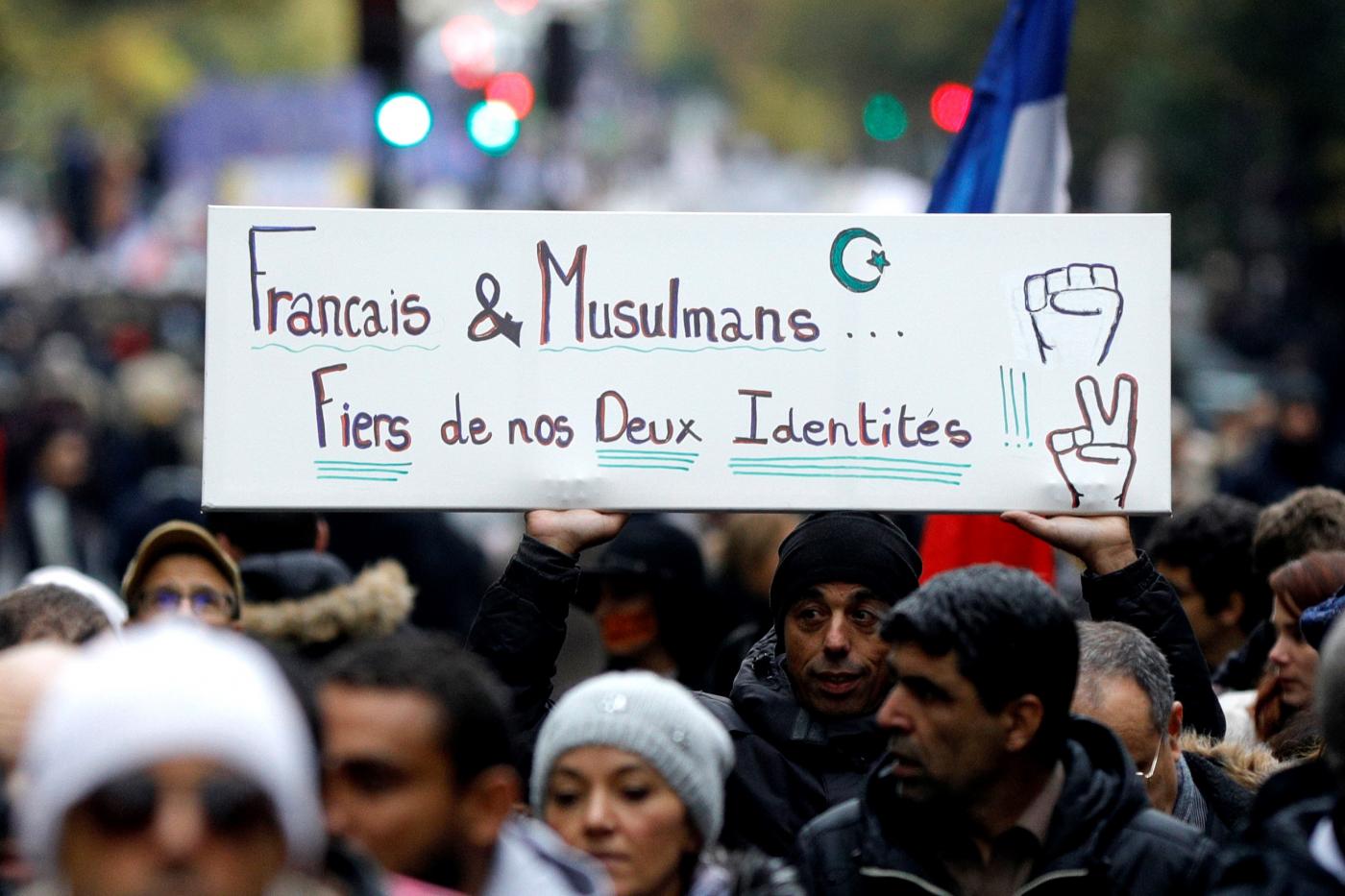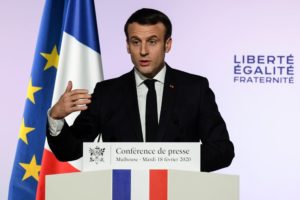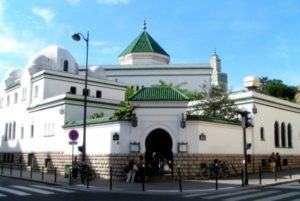Time for France to acknowledge its Muslim minority

A few policies of the French government, notably the ban on the hijab as well as an unstated ban on new mosques in the country, have alienated the French Muslims
A number of Islamic countries around the world have seen a spate of protests against France and a ban on sale of French products following a statement by French President Emmanuel Macron that France would never back down and protect its culture and freedom of expression.
The murder of the professor, reputed to be very popular among his students, was indeed shocking. Even more shocking was the way the decapitated body was displayed on social media and the not-so-few likes that it received from its Muslim population and a handful of statements defending the heinous crime.
In his emotional and hard-hitting speech during the funeral of professor Samuel Paty, Macron said that Islamists wanted to hijack the future of France and that the French would never allow it. He also said that the French would not give up cartoons. Never, he added.

Macron’s speech drew sharp response from not only many French nationals but also several Islamic nations
Macron’s speech drew sharp response from not only many French nationals but also from several Islamic nations and organisations that accused Macron of being anti-Islamic. Most notable was Turkish President Recep Erdogan, the aspiring leader of the Islamic world, who went as far as insulting Macron and asking calling him mentally unstable.
Macron’s aides, notably his interior minister Gerald Darmanin, went a step ahead and said he could not understand why there were dedicated shelves for halal or kosher products in supermarkets as it promoted ‘communitarism’. He also said that France was fighting a ‘civil war’ and that there was a need to defend France’s secular and unitary Republic against the ‘separatist’ teaching of extremist Islam.
Such statements coming from leading ministers don’t help in reassuring a sizeable minority that is increasingly feeling alienated from the State and most of its citizens. But this is nothing new. The relations between the French State and its Muslim minority, reportedly near six million, have always been uneasy. Most of the Muslims in the country first arrived in the 1950s-60s when the then President Charles de Gaulle invited them as guest workers to help rebuild a France devastated by the World War II.
Unfortunately, the migrants, mainly from Algeria, Tunisia and Morocco, besides a handful of sub-Saharan nations, were immediately put away in residential ghettos where they have continued to live ever since. The Muslim migrants have faced a large amount of discrimination in the country in terms of education and employment opportunities, including at time by administration. There was a huge hue and cry about two decades ago when a municipality advertised for a job and specifically said Arabs need not apply. That was a long time ago and the French State has been careful not to repeat such disasters, but there have been several studies and reports even as recent as 2018 that said that unemployment amongst Muslim youth was as high as 35-40 pc, while the national average was hovering around 9-10 pc.
There have been reports of investigative journalists finding that many employers and placement agencies don’t even bother to open job applications if they see the name to be a Muslim one or the residential address to be one of these ghettoes.
A few policies of the French government, notably the ban on the hijab as well as an unstated ban on new mosques in the country, have alienated the French Muslims as have utterances by the far-right politicians who have always seen the Muslims with suspicion. The approach of French police also does not help. Numerous human rights organisations have criticised the French police for picking on the visibly Muslim and black Africans for ‘random’ checks.
As part of the crackdown following the beheading, the French government has decided to shut down over 50 mosques and ban foreign-trained imams (head or leader of Muslim community) from coming to the country. This is indeed a right step to take. Over the past two decades, a lot of radicalisation of Muslim youth, both male and female, has taken place, mainly as the extremists try to exploit the obvious disadvantages or challenges facing a French Muslim. As a result of this radicalisation, thousands of French citizens went on to join the Islamic State and fight in Syria and Iraq. A ban on foreign financed imams and mosques would go a long way in addressing this issue and the related proposal of some state funding of mosques and imams would quite neutralise one of the key hooks that the extremists use to attract new members.
But what Macron needs to undertake is a herculean effort of righting the several historical wrongs that have taken place vis a vis France and its Muslim population as well as countries from where most of these people have come. Two years ago, on a visit to Algeria, Macron took the unprecedented and one of the boldest steps by a French President of acknowledging that the French had used torture in their effort to keep their colonial hold over Algeria. Though he stopped short of a full-fledged apology, his statements were widely appreciated.
Now, as he tries to rebuild relations between France and its Muslims, Macron needs to watch out for pressures to adopt the posture of far-right parties and painting Islam with a broad brush. The pressure is bound to rise over the coming months and he is headed into an election in under 18 months and currently his far-right rival Marine Le Pen of Rassemblement National (National Rally) leads Macron in polls.
Indeed, saying that Islam is in a crisis does not help build that bond which is so desperately needed today. A big test for Macron in the coming days will be the text of a new law that he has proposed on regulating Islam and freedom of expression. Macron must ensure that the law reflects appears to be balanced and not something as divisive as the ban on the hijab that provoked a sharp response from the Muslims. He must also not be seen by the ‘secular’ French as giving into Islamists by going too soft.
Macron will need to walk the tightrope between a secular French President and a statesman who has to undertake the delicate and extremely difficult task of bringing into the mainstream a large and growing number of Muslims who feel disenchanted and indeed disaffected with France and all that it stands for.










